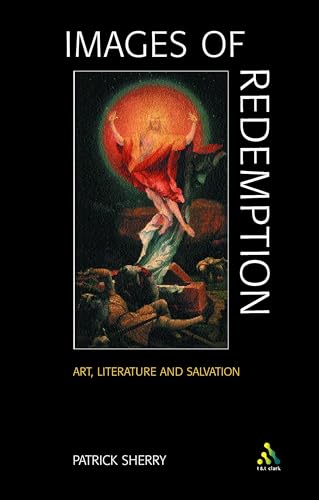HOLINESS TO THE LORD: A GUIDE TO THE EXPOSITION OF THE BOOK OF LEVITICUS
Written by Allen P. Ross Reviewed By Bob FyallAny book which helps us to come to grips with Leviticus is to be welcomed and this one is substantial. Ross lays out his material in an orderly fashion which is easy to follow. Ross specifically writes for ‘pastors, teachers, and all serious Bible students who wish to learn more about the Book of Leviticus and about its use in Christian exposition’. He is committed to a canonical approach to Leviticus and this is a major feature of his exegesis.
A lengthy first chapter deals with the study of Leviticus emphasising its canonical status, its variety of literary forms, its cultural setting and a useful discussion of sacred space. Here, in my view, he is sharper and more nuanced in his treatment of cultic matters than on lifestyle and this is reflected in the detailed discussions which follow. Thereafter the book is divided into five sections which reflect Ross’s fivefold division of Leviticus. Each section has an introductory section outlining its theme and then follows an analysis of each passage with particular regard to theological themes and suggestions about preaching on the material.
These chapters contain much that is valuable and insightful and show engagement with a huge field of study. One of the great values of this book is that each chapter has a bibliography of an extremely varied nature. Students of Leviticus will find many fruitful avenues to explore. These represent the widest possible range of scholarship. Particular chapters which stand out are chapter 2 where Ross helpfully places the Levitical sacrifices in their widest Biblical and cultural setting; chapter 16 which is a insightful discussion of the priesthood with a judicial weighing of the evidence and chapter 22 with its careful and sensitive discussion of the relationship between the physicality and the spirituality.
Plainly this is a book which deserves careful study and merits a wide readership. I do, however, have one or two reservations about it. Ross has great merit of organising his material carefully, yet here lies a problem: although he draws attention to the variety of literature in Leviticus this is not really reflected in his treatment of the book. Likewise, he is right to focus on theological themes, but sometimes these make his suggested sermon outlines sound like theological points imposed on the text.
As someone who has preached a series of sermons on Leviticus, and on several occasions tried to lead session encouraging others to preach on the book, I salute this as a worthy enterprise. However, Ross is on the whole more helpful on exegesis and background material than on homiletic matters. Probably he sometimes makes the mistake of taking passages of text which are too short resulting in an overall similarity of many sermons. More is needed on the sheer electric quality of Leviticus and the consuming nature of God’s holiness which is the heart of the book. Some guidance is needed on how the various parts hang together. A concluding chapter drawing the threads together would have been useful.
Yet, with these reservations, this book is a good buy. It does not, nor does it claim to, replace Milgrom, Hartley, Wenham et al. but it is a most useful companion to these. It has many useful comments on canonical issues and Biblical theology, and that, combined with meticulous work on the text of Leviticus makes it essential reading.
Bob Fyall
Rutherford House, Edinburgh







